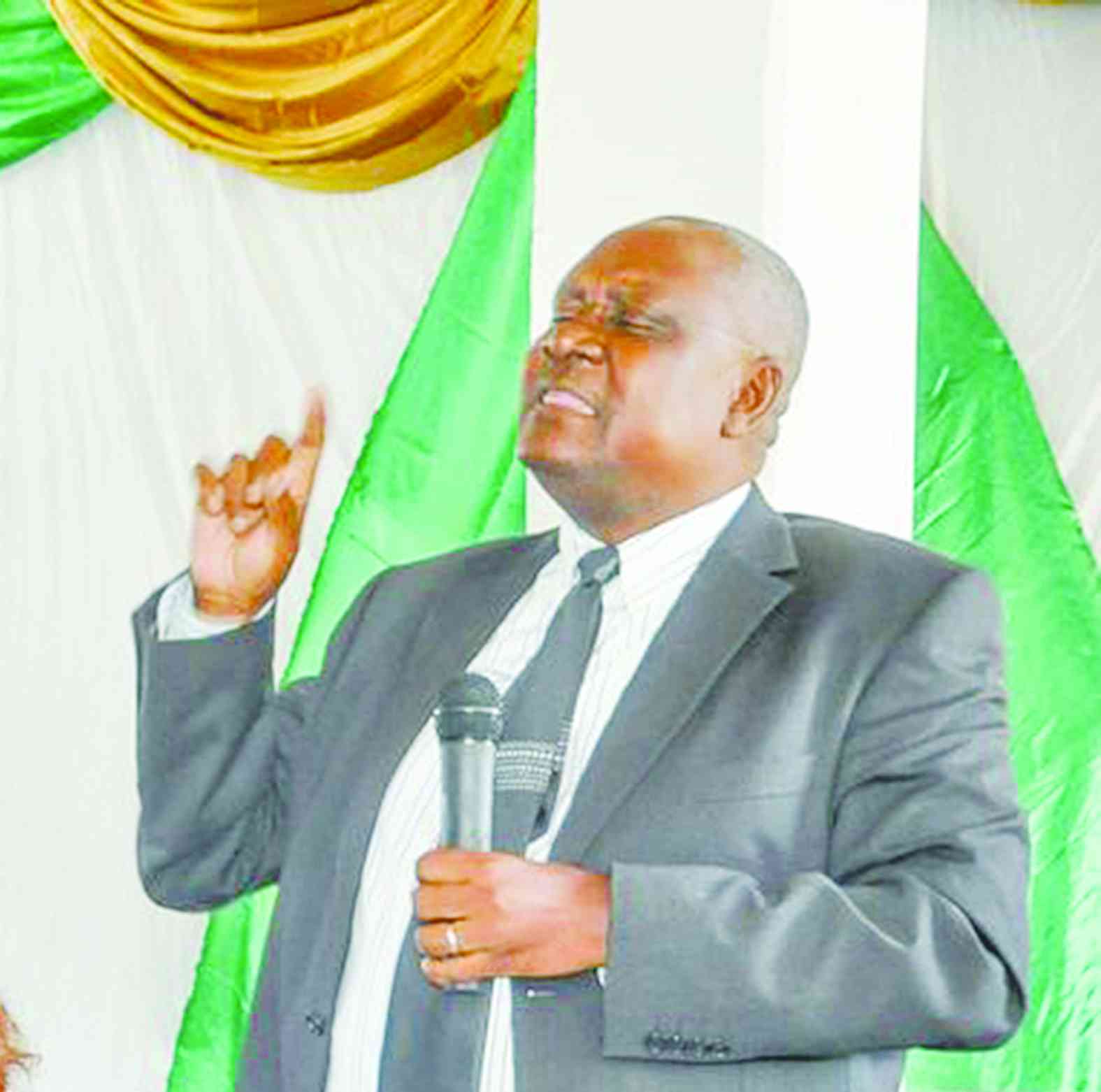
ZIMBABWE Association of Microfinance Institutions (Zamfi) executive director Godfrey Chitambo says people should not turn to unregistered lenders to borrow money.
The call comes as a recent investigation by NewsDay revealed a significant rise in the number of unregistered lenders charging exorbitant interest rates.
Further, these unregistered lenders are demanding collateral which is more than double the amount of money being borrowed.
The rise in the number of unregistered lenders comes on the back of a liquidity crunch in the formal sector that has persisted since the introduction of the Zimbabwe Gold in April.
The liquidity crunch is a result of a tight monetary policy by the central bank to contain money supply.
“Money, by its nature and if you go to banking theory and practice, is scarce. If you see something called an easy loan, that is a pyramid scheme and I want to be very clear on that,” Chitambo said in an interview with NewsDay Business.
“There are two issues there is a reckless borrower and a reckless lender . . . So, to be frank the public must also play its part. So, before I go to the issue about the loan sharks and other things, I just want to say there is reckless borrowing.
“And you know, if you are a reckless borrower, even if I was a registered MFI [microfinance institution], the premium on my interest rate would be higher than a good borrower, because I know it’s not organised... loan sharks are illegal. The public are always told that you must borrow from a bona fide Reserve Bank of Zimbabwe (RBZ) accredited MFI.”
- Microfinance players urged to be innovative
- Microfinance sector dumps local currency
- Desist from turning to unregistered lenders: Zamfi
- High interest rates choke microfinance sector
Keep Reading
He said the RBZ was the only regulator of MFIs in Zimbabwe and the public should check with Zamfi for those licensed to lend.
“So when you borrow from an unlicensed lender, no matter how desperate you are, you’d rather come to Zamfi and say, ‘Zamfi, I’m desperate, which MFI can give me a loan in 36 hours or 24 hours?’ And they will let you know. But if you go and commit an illegality, it means that there is no recourse,” Chitambo said.
“We don’t want to lie about this. There is no recourse because this thing is an illegality from the way it goes. Now, in terms of what you call electronic collateral, I’ve tried to research it. This is a very innovative way of collectivisation of the economy.”
He said the Microfinance Amendment Act of 2019 says a lender is not allowed to cover more than double the amount you have borrowed.
“The second issue also says even if supposing I’m borrowing a US$1 000 and I give you my own Honda Fit worth US$5 000, at any given time, I can come here and say my Honda Fit of US$5 000 is not double the US$1 000. So, I can give you maybe my TV, which is nearer to the level of the quantum of the money I’ve borrowed,” Chitambo said.
“The last issue which I want every borrower to know is that the Microfinance Act says every microfinance institution must have in its premise a very conspicuous place to show the RBZ business licence. If there’s no licence, you have no business there. And if you go there, you have no business.”
He said prospective borrowers should see if the lender is regulated by the RBZ before borrowing money from them.







